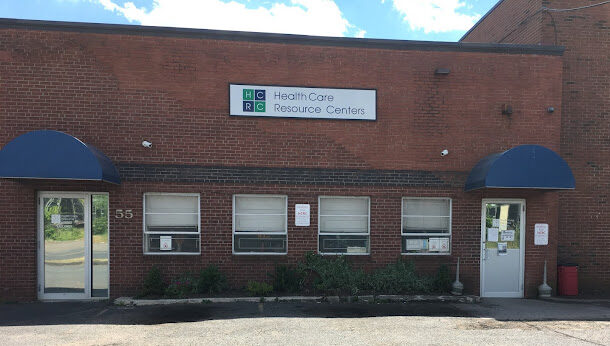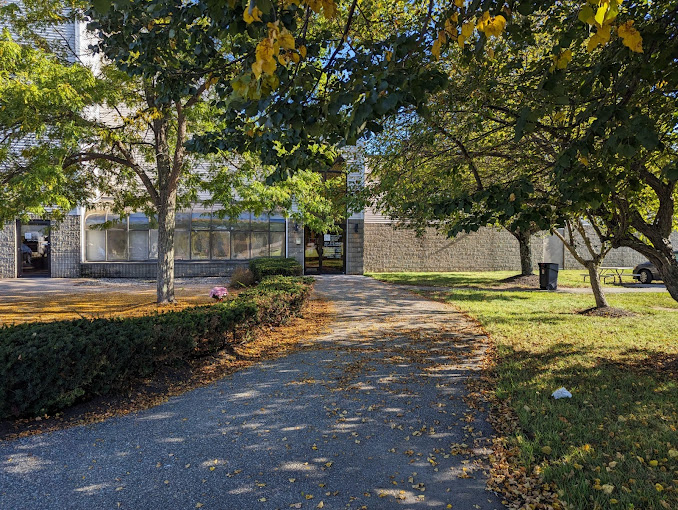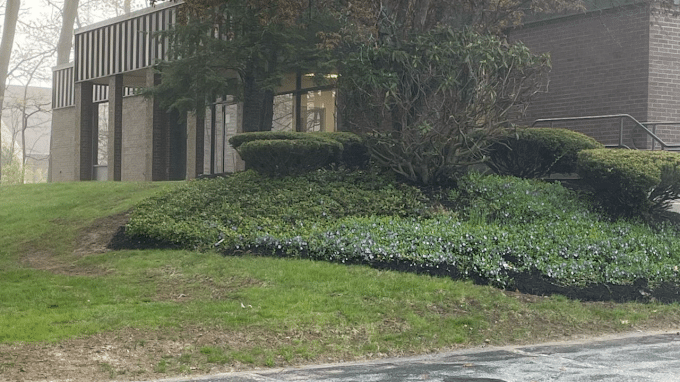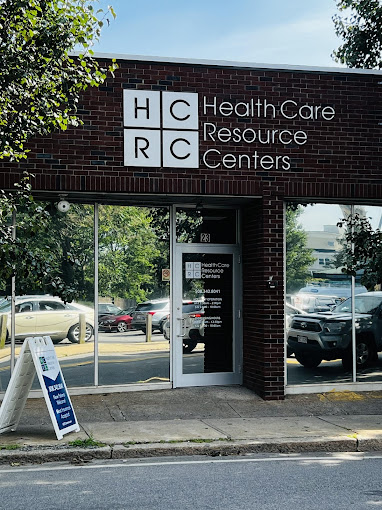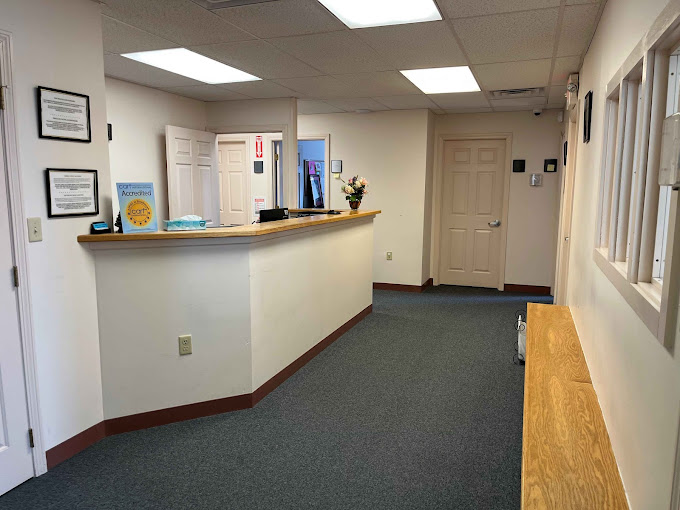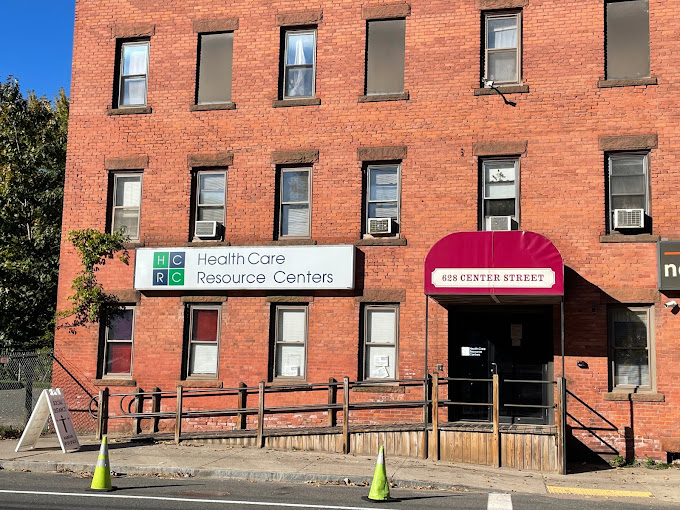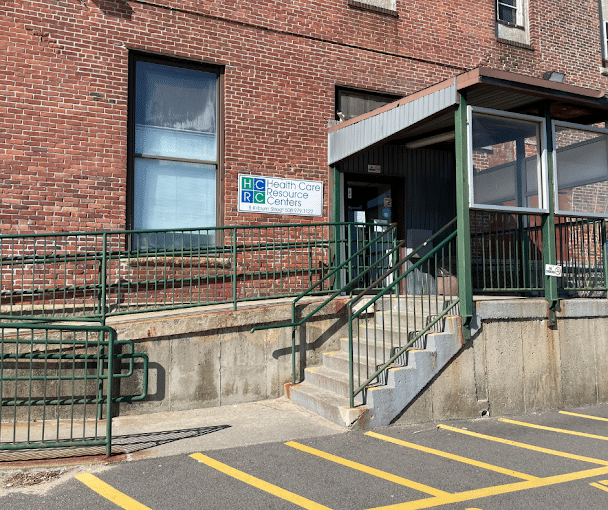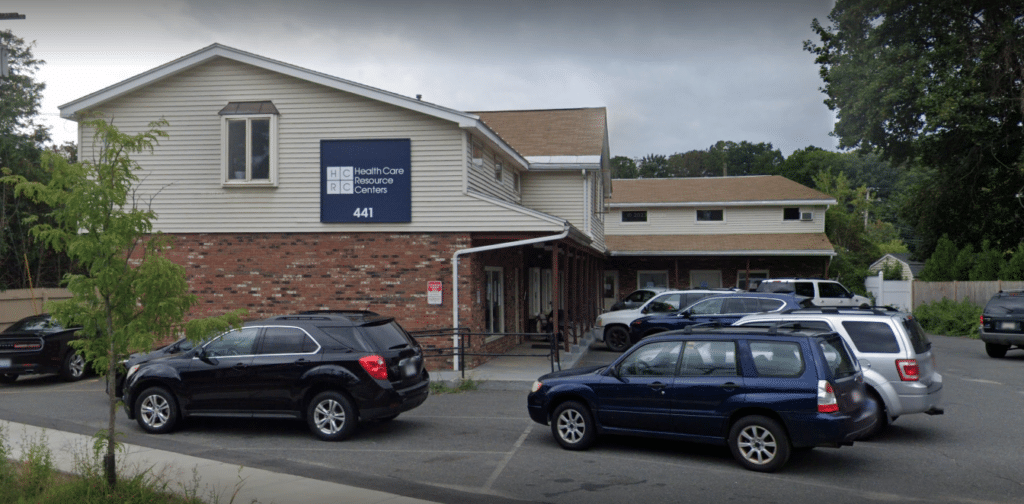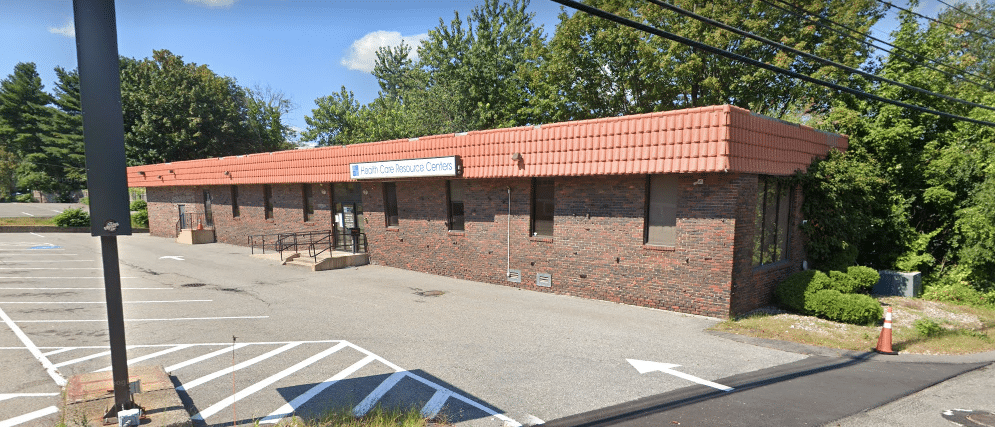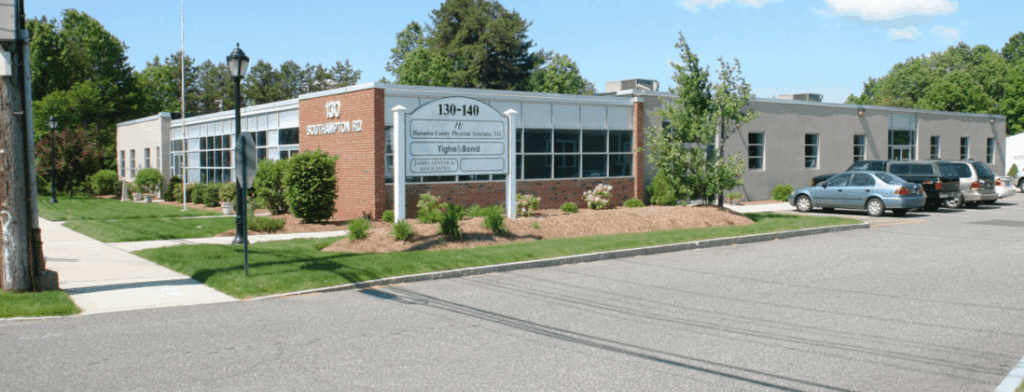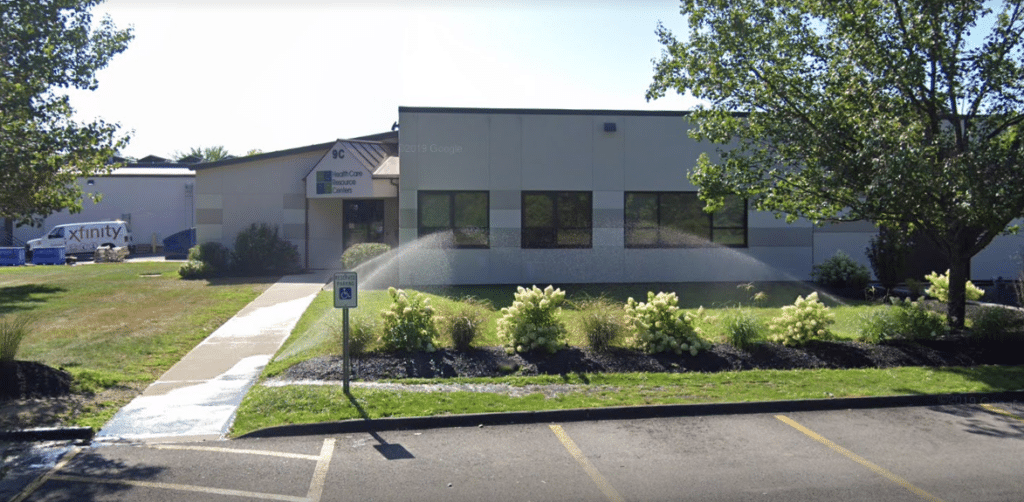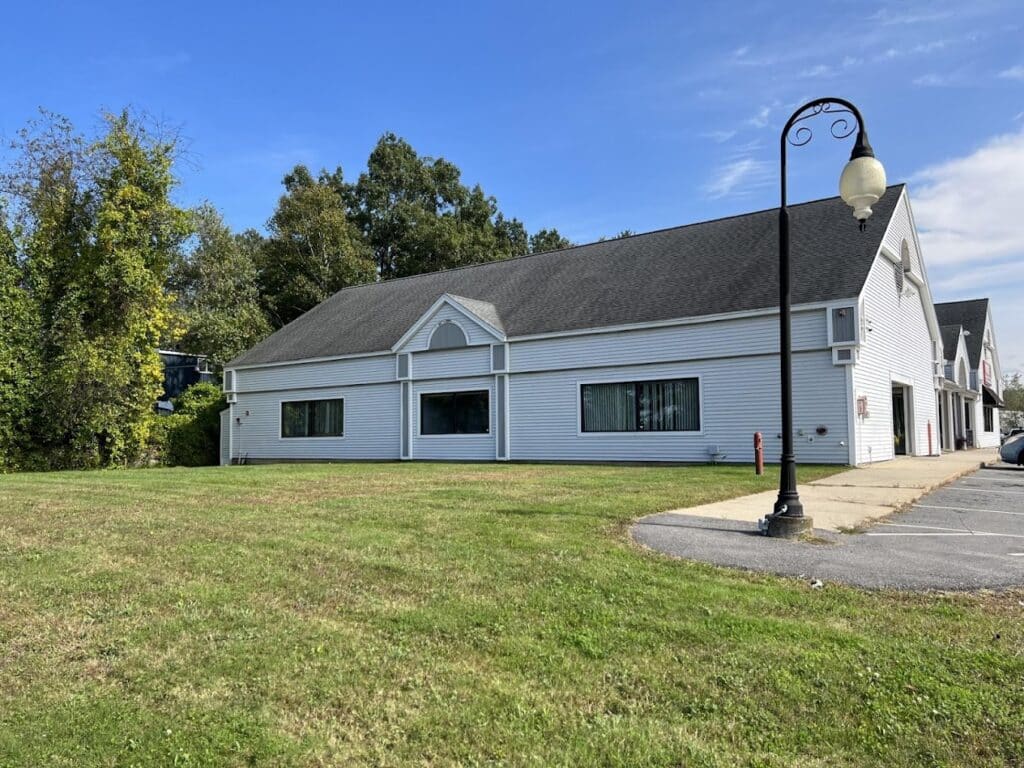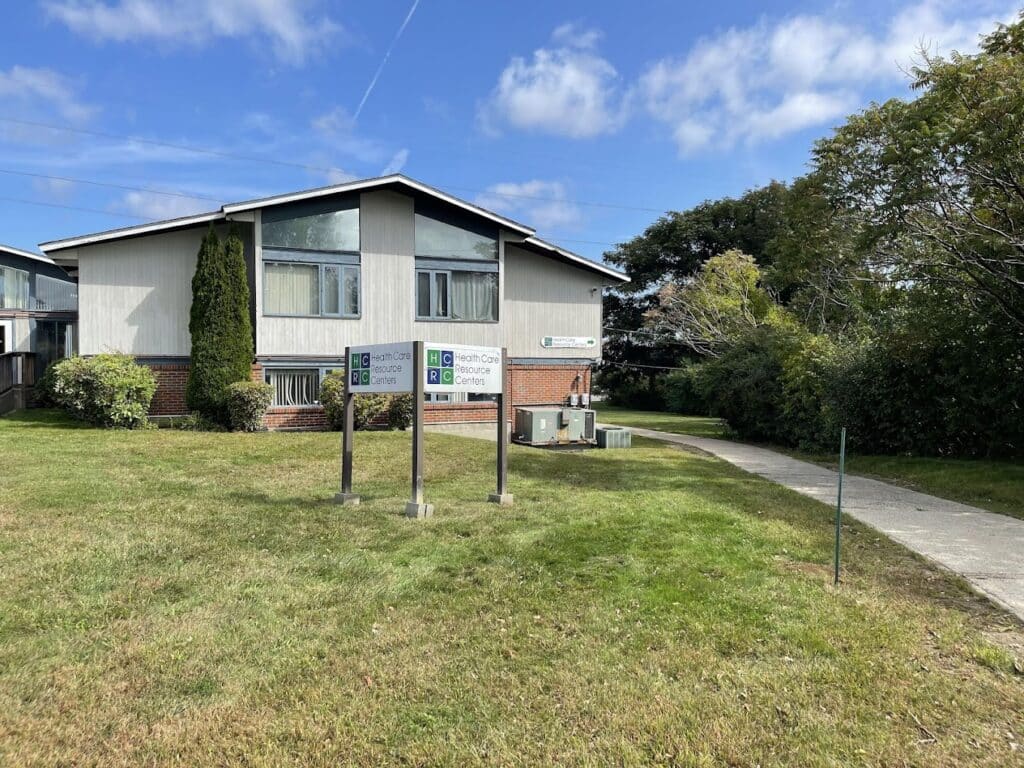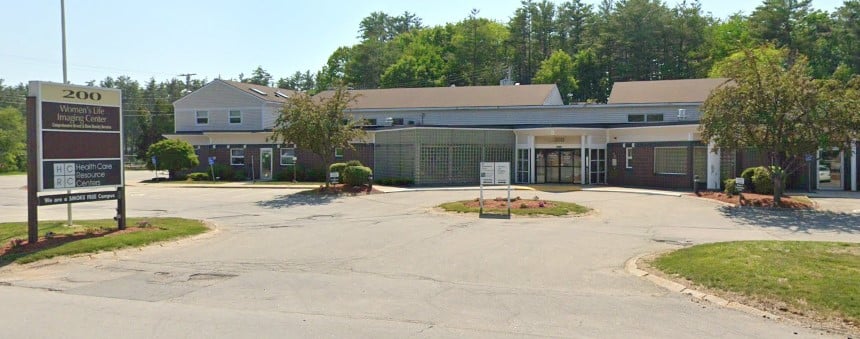Counseling Services at Health Care Resource Centers
At Health Care Resource Centers (HCRC), we take a comprehensive, holistic approach to opioid addiction treatment. According to the U.S. National Institutes of Health (NIH), counseling in addiction treatment provides people in recovery the skills and confidence they need for success. Counseling changes the ways in which people cope, think, and react. This can look different than what some may have seen in traditional therapy settings.
At HCRC, our specialists strive to capitalize on the strengths and the resiliency of our patients! We utilize a range of assessments and therapeutic relationship-building exercises to learn more about your goals and how we can support you in achieving success—success that goes beyond just healing. As an integral part of each patient’s treatment plan, our counseling services at HCRC include individual, group, and family therapy. We offer goal-oriented counseling as part of our buprenorphine and methadone medication assisted treatment (MAT) programs.
Work With Trained, Certified Addiction Counselors at HCRC
Individual counseling services at HCRC are provided by trained and certified professionals with extensive experience in opioid treatment and MAT programs. You can expect compassionate, nonjudgmental support throughout your recovery. We offer solution-focused and safe spaces in counseling that focus on the unique objectives of each client for both recovery and rebuilding their lives including:
- Achieving financial stability and safe, sustainable lifestyles
- Rebuilding damaged relationships
- Resolving addiction-related legal issues
- Stress management
- Skill-building and career development
- Effective communication
- Boundary setting
- Long-term mental health care
Individual counseling is an integral element for any meaningful MAT program. Individual counseling is part of every MAT program, and group and family counseling are offered at select locations.
Learn the Science of Addiction
We educate our patients on the science of addiction and describe how mind-altering substances and dependency alter the brain’s chemistry and functions. We also show how addiction-related changes in brain functioning affect people psychologically, spiritually, and emotionally.
Rejoin Society
Counseling in MAT also creates an achievable path for rejoining society. Our counselors help patients find opportunities, activities, and careers that leverage and build their talents while minimizing the risk of relapse. Our patients can access additional assistance in:
- Transportation
- Housing
- Job search
- Long-term recovery support
Homelessness and joblessness are major risk factors for substance use disorders (SUDs) and relapse. With individual counseling at HCRC, our patients can reduce these risk factors and keep their recovery on track.
Individual Counseling for Opioid Addiction
Also known as private counseling, individual counseling occurs in a one-on-one setting. This gives patients the opportunity to share their thoughts and feelings without fear of judgment, retaliation, or rejection. Our counselors create a safe, comfortable space for individuals to open up about their experiences, addiction triggers, and the physical, mental, and emotional challenges of recovery.
Together, our counselors and patients explore possible triggers and causes of addiction, including:
- Past or recent trauma
- Feelings of low self-worth
- Co-occurring mental health disorders
- Unresolved guilt or grief
- Negative, early life behavioral conditioning
Recent and Past Trauma
People who have experienced extreme trauma and live with chronic stress as a result frequently use substances to achieve a sense of “normalcy.” Individual counseling at HCRC helps patients identify why self-medicating offers only temporary results and provides tools to develop healthy coping mechanisms to overcome trauma.
Feelings of Low-Self Worth
Low self-esteem is a recognized risk factor for addiction. People with chronic feelings of low self-worth often struggle to control automatic negative thoughts and may use substances as a means for suppressing unpleasant feelings. Individual counseling teaches people to view themselves in a positive light, reframe their negative thinking, and adjust their behaviors and decisions accordingly.
Co-Occurring Disorders
Many people turn to opioids to alleviate the mental and emotional anguish of undiagnosed and untreated mental health disorders. Also known as co-occurring disorders, these are some conditions that can simultaneously occur with SUDs. They include:
- Schizophrenia
- Bipolar disorder
- General anxiety disorder
- Major depressive disorder
- Panic disorder
- Post-traumatic stress disorder (PTSD)
- Obsessive-compulsive disorder (OCD)
Individual counseling in MAT for opioid addiction aims to reduce the risk of relapse by addressing both substance use and mental health disorders at the same time.
Unresolved Guilt or Grief
Unprocessed emotions are often a big reason why some individuals develop addictions. With no imaginable way to work through their emotional pain, they often turn to drugs or alcohol to mute unpleasant or downright overwhelming feelings. In individual counseling, patients can work through the stages of grief, learn to forgive themselves, and process the emotions they feel for others. Our specialized counselors leverage effective, evidence-based techniques such as mindfulness, meditation, journaling, and art therapy to address unprocessed emotions.
For many of our patients, accountability is also a key part of this process. Acknowledging personal roles in negative events and situations helps them correct self-defeating, self-destructive, and generally non-beneficial reactions and behaviors.
Group Counseling for Opioid Addiction Treatment

At some treatment centers, patients may also participate in group counseling. Group counseling builds feelings of camaraderie and helps people develop healthy communication and social skills. In group counseling, patients can benefit from the stories and experiences of others. They can also prepare for the social challenges of reentering the world as productive, contributing members of society.
Explore the Benefits of Family Counseling in Opioid Recovery
Family counseling plays a valuable role in opioid recovery by involving close friends and family members in the healing process, similar to group counseling. Addiction often affects everyone in the household, damaging important relationships. Family counseling provides a safe environment where individuals can express feelings of anger or sadness, work on rebuilding trust, and learn how to better support their loved one throughout recovery.
Why Counseling is so Important in MAT Treatment
Methadone and buprenorphine address the physical symptoms of opioid withdrawal and craving. However, patients can expect to experience far more than physical challenges as they navigate the long and ongoing road to recovery. Individual counseling makes this road easier by helping people understand the underlying causes of their addictions and develop the right skills and tools for confronting the challenges they’ll invariably face along the way.
Establish Robust Support Systems
Success in recovery is largely the result of robust support systems. Although MAT is an excellent starting point, ongoing recovery support is always critical. Counselors function as confidantes for those living with opioid addiction. They listen unobjectively while providing simple, effective, and actionable insights. The work that patients and counselors do in our individual counseling program fosters trust and supports the development of multi-pronged support networks.
Identifying and Addressing the Underlying Causes of Addiction
In individual counseling, patients can identify and understand underlying mental health disorders, unprocessed emotions, the lingering effects of trauma, and other causes of and risk factors for addiction. Our counselors recommend a needs-specific range of mental health services for each client, including dual diagnosis treatment, pharmacological interventions, stress management workshops, and more.
Including Treatment in All Aspects of Life
Individual counseling reveals addiction and addiction treatment for the lifelong experiences they are. While methadone and buprenorphine make it possible for people to experience withdrawal without experiencing devastating physical symptoms and overwhelming cravings, there are many factors that contribute to addiction. Patients can learn to anticipate, avoid, and deal with these factors as they arise and without relapsing.
Therapy Options at HCRC
The goals for individual therapy differ for each patient. They include modifying how people think about opioids and other mind-altering substances. Our patients learn to view mind-altering drugs as harmful, rather than helpful. They also learn new and more effective coping mechanisms for dealing with pain, anger, and other challenging experiences and emotions.
In counseling, patients can openly talk about their family issues, trauma, and more while seeking effective and sustainable solutions.
Our counselors specialize in the following:
Cognitive Behavioral Therapy (CBT)
Cognitive behavioral therapy helps clients recognize maladaptive behaviors and correct them. It helps put an end to automatic negative thinking, self-defeating actions, and the tendency to self-sabotage by encouraging individuals to think and respond to outside triggers and stressors in new, positive ways.
Dialectical Behavior Therapy (DBT)
Dialectical behavior therapy teaches strategies for controlling impulsive and harmful behaviors. This evidence-based therapy focuses on helping people build and maintain meaningful and mutually beneficial relationships, understand, process, and accept difficult emotions, and develop increased motivation to participate in rewarding hobbies and activities. It also:
- Promotes a more balanced world view
- Acknowledges and validates negative experiences
- Promotes mindfulness and an increased connection to the present moment
Although DBT and CBT share similar elements, DBT is specially adapted for those who feel emotions intensely. It is a popular counseling option for those with mood disorders, suicidal ideation, and personality disorders.
Motivational Interviewing (MI)
Motivational interviewing encourages patients to be accountable for their recoveries. Opioid addiction and the related brain changes make it difficult for patients to establish clear and achievable objectives and meet them. MI helps people overcome self-doubt, feelings of ambivalence, and other barriers to active, effective recovery.
MI leverages and encourages:
- Expressions of empathy
- Support for self-efficacy
- Resilience in response to resistance
- Discrepancies between desires and actions
MI uses a unique question-and-answer format to encourage self-exploration and change.
Get MAT Counseling Services in New England
Individual counseling in New England from HCRC provides comprehensive mental health support for those in opioid treatment in New Hampshire, Maine, Connecticut, and Massachusetts. HCRC offers individual counseling at all our New England locations. We also provide family and group counseling at select locations. Medication assisted treatment (MAT) using buprenorphine or methadone can prevent or limit their withdrawal symptoms, cravings, and ongoing substance use so patients can heal emotionally and mentally.
You can count on HCRC to guide you on the path to recovery with an individualized and a needs-specific approach. We consider the health, experiences, and goals of every patient. We know that the recovery process looks different for each person, and we provide the dedicated, customized care that’s necessary for both achieving and maintaining success.

